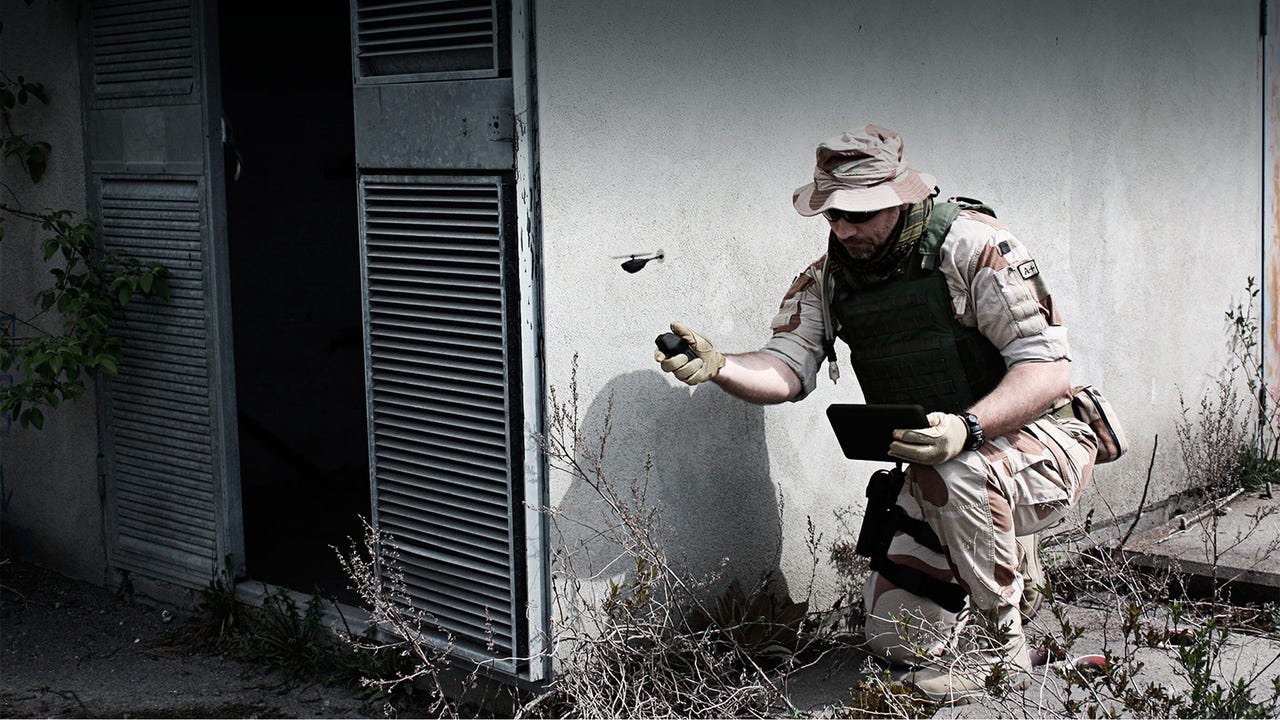The internet of military things: Logistics dream, security nightmare?


The potential for the IoT (Internet of Things) in the military services is truly awesome. It's the stuff of science fiction. Don't expect it to be adopted at the speed with which we Internet-enable thermostats and soda machines, but expect to see it.
The obvious applications of Internet-enabled weapons and transportation are cool enough, but now DISA (the Defense Information Systems Agency) is researching "...not only communications with systems and vehicles in the field, but also biometric sensors that report back to commands on the situational health and performance of individual soldiers," according to Tobias Naegele on GovTechWorks.
The data would likely feed into DISA's next-generation cloud, designated MilCloud 2.0. The security implications are obvious and awesome in their own right, but imagine the utility of smart everythings on each soldier and piece of hardware feeding back into the cloud for immediate consolidation and analysis. It's a logistics and field command dream come true.
It would also seem to be an enemy's dream, if done badly. Oh, what an attack surface! Clearly an architecture like this makes the military far more reliant on technology, giving enemies every reason to focus on attacking it and millions of discrete targets to attack.
And yet, the same architecture provides the means of defense says John Hickey, DISA Cyber Security Authorizing Official, quoted in the GovTechWorks article:
There is power in wearable technology from a security perspective. Providing a system admin with a Fitbit device, for example, could help authenticate that user with a high level of security, he said. "That's the type of tech we're very interested in because it provides another factor that identifies who you are."
The enormous investments and complex nature of dependencies involved mean a commitment to the cloud has to be a long-term one. In many ways, this works well for the cloud, as the redundancy and "soft" nature of the infrastructure means that improvements can be brought online without disrupting existing operations.
Even so, we'd better hope that cloud is not a passing fad, because it will take a long time before Military-Technology Complex is ready to trust the nation's security with it.
Bottom line: Promising, but too soon to tell.
Related
- Swarm robots poised to fly amid acquisitions and military investment
- Photos: How Spot, the military robot dog, sniffs out enemies
- US military explores biometric replacement for passwords